Your Longevity Playbook: 12 Tiny Daily Rituals That Add 10 Years to Your Life
Imagine if adding a decade to your life wasn’t about drastic diets, exhausting gym schedules, or expensive supplements. What if it started with small, gentle rituals woven into your every day? That’s the heart of healthy aging in places like Hong Kong, where women live, on average, to eighty-eight and men to eighty-three—almost a full decade longer than the US average. Their secret isn’t hidden in rare genes or elite treatments, but in the hundreds of tiny choices made every day: how meals are cooked, how often people stroll their neighborhoods, even how community shapes daily purpose. The good news? These habits are possible for anyone, at any age. This isn’t about chasing youth but nurturing the energy, wisdom, and connection that make each year more vibrant than the last. Here’s your Longevity Playbook: twelve simple, science-backed rituals to try on your terms. No pressure, no perfection—just a little more vitality, one mindful step at a time.
1. Take 2,000 More Steps Each Day

In Hong Kong, ordinary life includes a lot more walking—residents average 6,880 steps daily, about 2,000 more than most Americans. This steady movement, built into errands and commutes, is linked to some of the highest life expectancies in the world. It’s not about punishing workouts; it’s about choosing to stroll to the market, take stairs instead of elevators, or walk an extra block after dinner. Studies show increasing your step count even modestly can boost your VO2 max, a crucial indicator of heart health and longevity. No need to aim for perfection—every extra step counts. You might park a little farther away at work, choose a walking meeting, or explore your neighborhood before sunset. For anyone with mobility limits, movements can be adapted: chair marching, mall walks, or gentle pacing in the kitchen all help. Over time, these steps add up, quietly supporting your body’s resilience and energy.
2. Make Meals from Real Ingredients (Cook Simply)
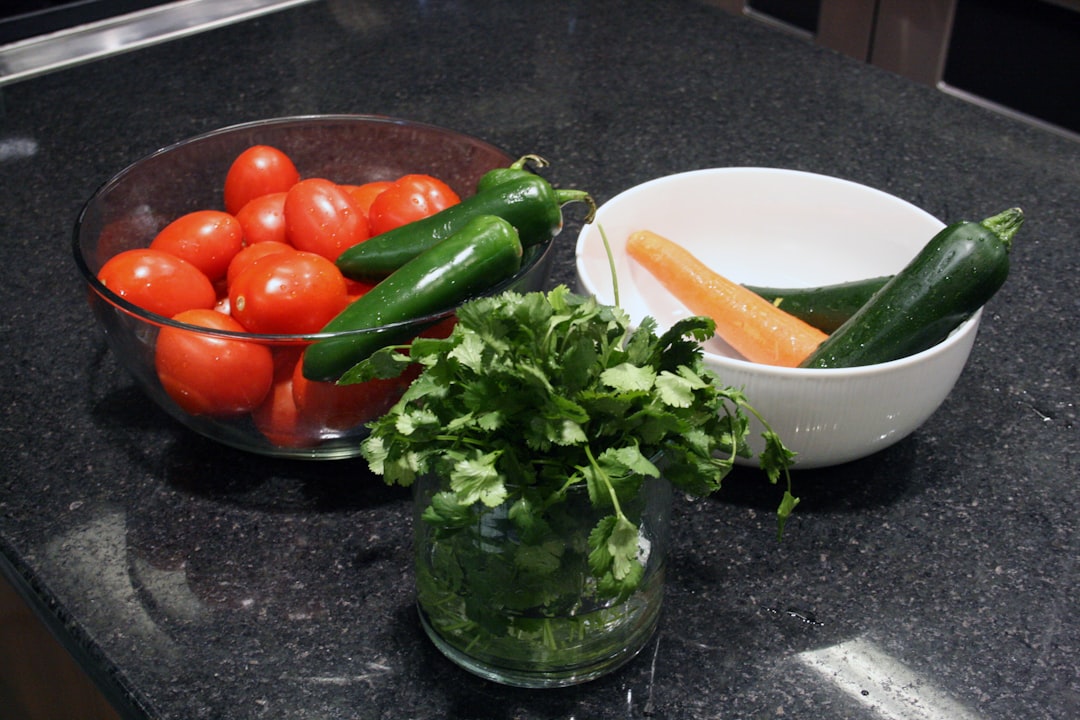
Longevity communities share a love for fresh foods prepared in simple ways. In Hong Kong, that means steaming, boiling, and using little oil or sugar—dishes focus on vegetables, grains, and moderate animal protein. Highly processed foods and sugary snacks rarely appear on the table. The science is clear: less processing preserves nutrients and helps protect against chronic disease. Instead of chasing complicated recipes, try bringing just one home-steamed or boiled meal into your day. Frozen veggies work in a pinch; a sprinkle of seasoning and a splash of broth can transform basics into a nourishing dish. Eating this way isn’t about deprivation, but about comfort and flavor—the warmth of a favorite soup, a colorful stir fry, or simply a bowl of lightly steamed greens. It’s an act of self-kindness, turning mealtime into a moment of restoration.
3. Pause Before You’re Full—Practice Moderation
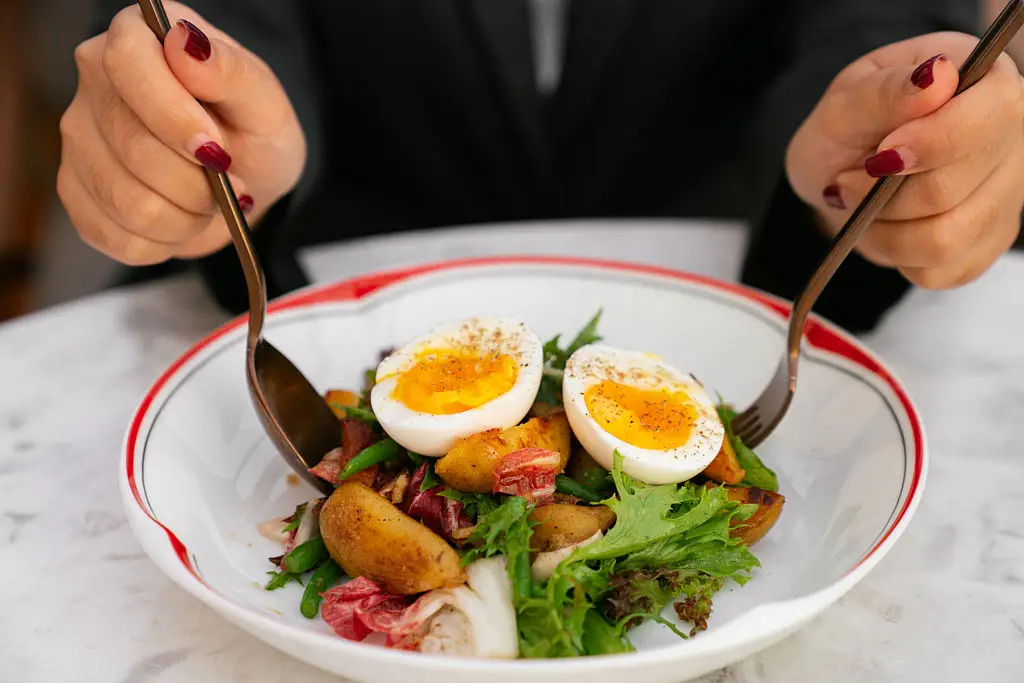
Sometimes, it’s not what we eat but how much that matters most. Hong Kong elders share a philosophy: eat until you’re no longer hungry, not until you’re stuffed. This habit helps avoid weight creep and supports digestion. Research backs it up—mindful eating can reduce your risk for heart disease and diabetes. Consider using a smaller plate or practicing a habit of setting your fork down between bites. Notice flavors, textures, and how your body feels as the meal goes on. You don’t need to clear your plate; pausing for a breath halfway through lets your body signal when it’s satisfied. Moderation doesn’t mean missing out—it’s making space for delight and comfort, without overdoing it. Over time, this tiny ritual can reset your internal cues, making healthy portions feel natural, not forced.
4. Crowd Out Booze and Cigarettes
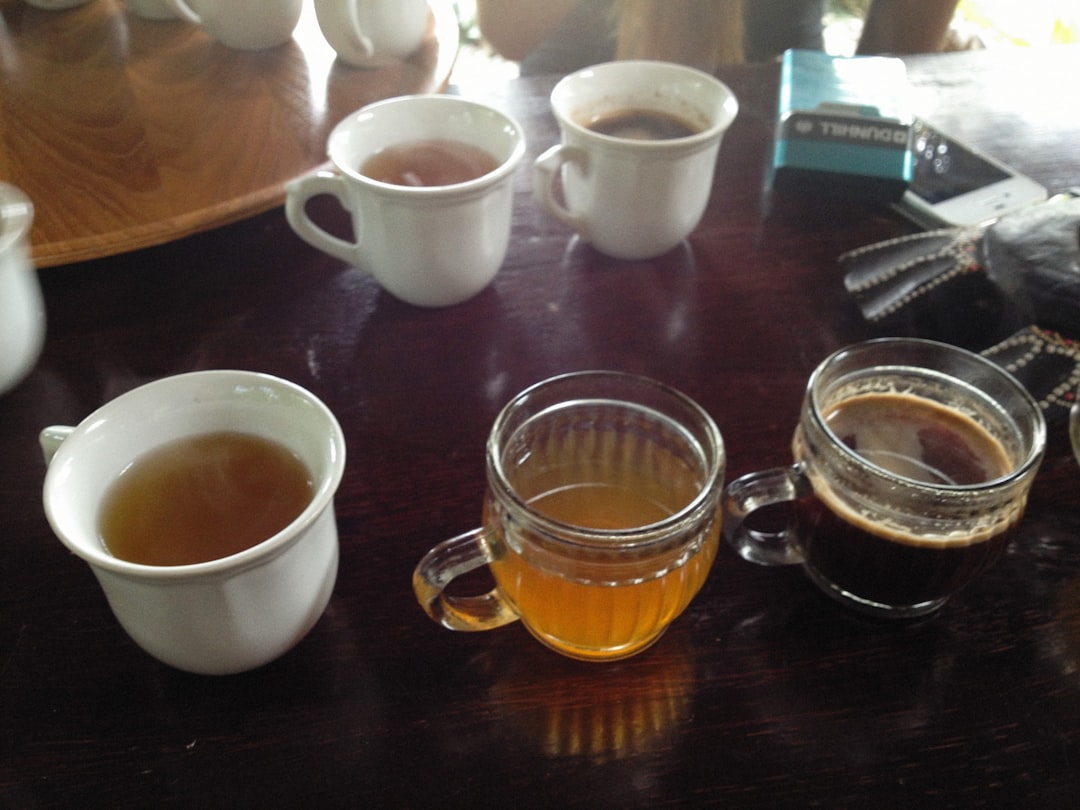
Hong Kong’s low smoking and drinking rates (just 9% and 8% respectively) are tied to their enviable longevity. In the US, where alcohol and tobacco are more common, these habits are among the biggest drivers of heart and cancer risk. Swapping out one drink or skip a cigarette for a cup of tea isn’t about restriction—it’s about choosing rituals that nurture, not deplete. Social moments can still be joyful: try sparkling water with friends, or invite loved ones for a cozy herbal tea instead of a night out. If you’re working toward reducing or quitting, know that change can be gradual and support makes a difference. Each swap is a small vote for your future self, and you deserve to feel good about every step of the process.
5. Savor Tea or Water Instead of Sugary Drinks
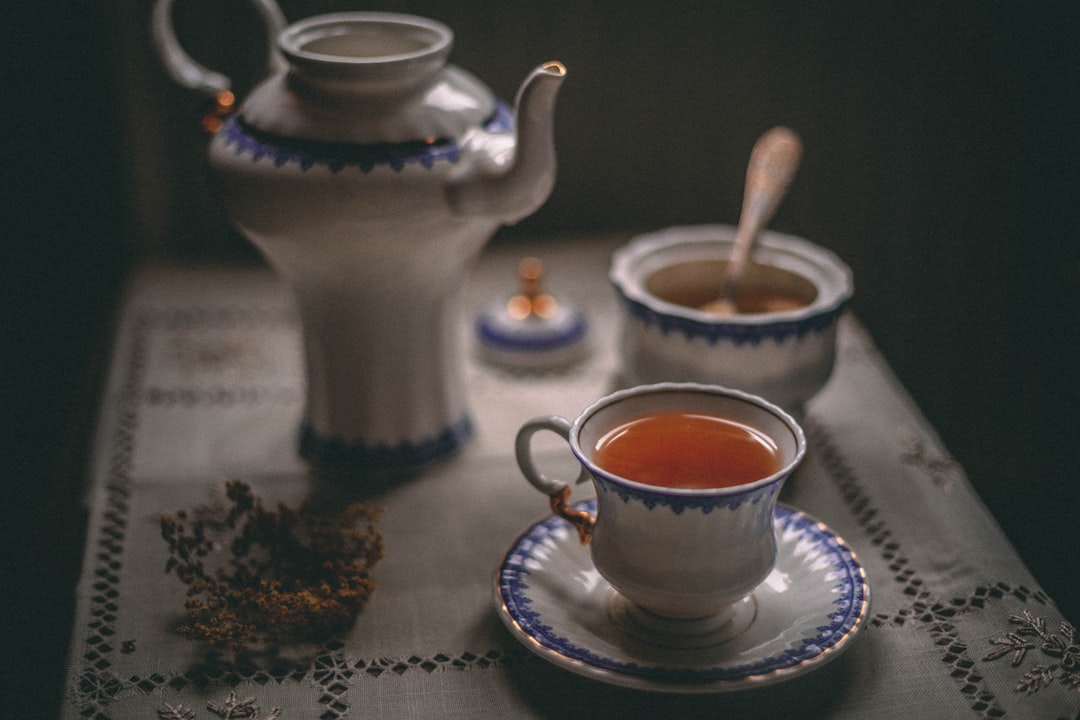
Hydration is a quiet but powerful habit for long life. In place of sodas or sugary concoctions, many Hong Kong residents enjoy tea throughout the day—green, oolong, jasmine, or simply hot water. These drinks provide antioxidants, support metabolism, and create moments of mindful pause. Bringing this tradition home can be easy: set up a “tea station” in your kitchen, experiment with caffeine-free herbal blends, or keep a pitcher of chilled tea in the fridge. Not a tea fan? Plain water, jazzed up with lemon or mint, is perfect. Over time, swapping one sugary drink per day for tea or water can help stabilize blood sugar, protect your teeth, and give your energy a gentle lift—no crash required.
6. Get Outside for Sun and Fresh Air Every Day
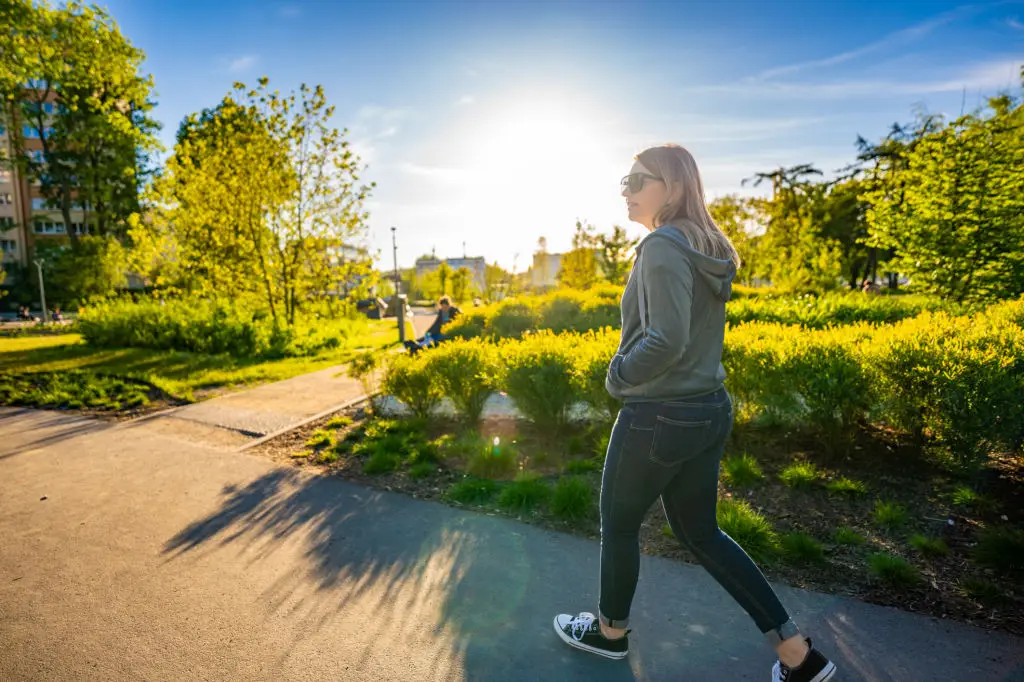
Even in a bustling city, the simple act of stepping outside for light and air works wonders. Vitamin D from sunlight helps regulate your immune system and improves mood, while brief outdoor breaks support better sleep and a sense of spaciousness. In Hong Kong, balconies, tiny parks, and open windows offer daily doses of fresh air and natural light. You don’t need a scenic backyard—a bench at lunch, a stroll around the block, five minutes on a front stoop, or just feeling a breeze through an open window can make a difference. Set a reminder or pair your outdoor moment with an existing habit, like drinking coffee or calling a friend. What matters is letting your body—and mind—soak up just a little of the world outside your walls.
7. Practice Mind-Body Movement (Tai Chi, Stretching)
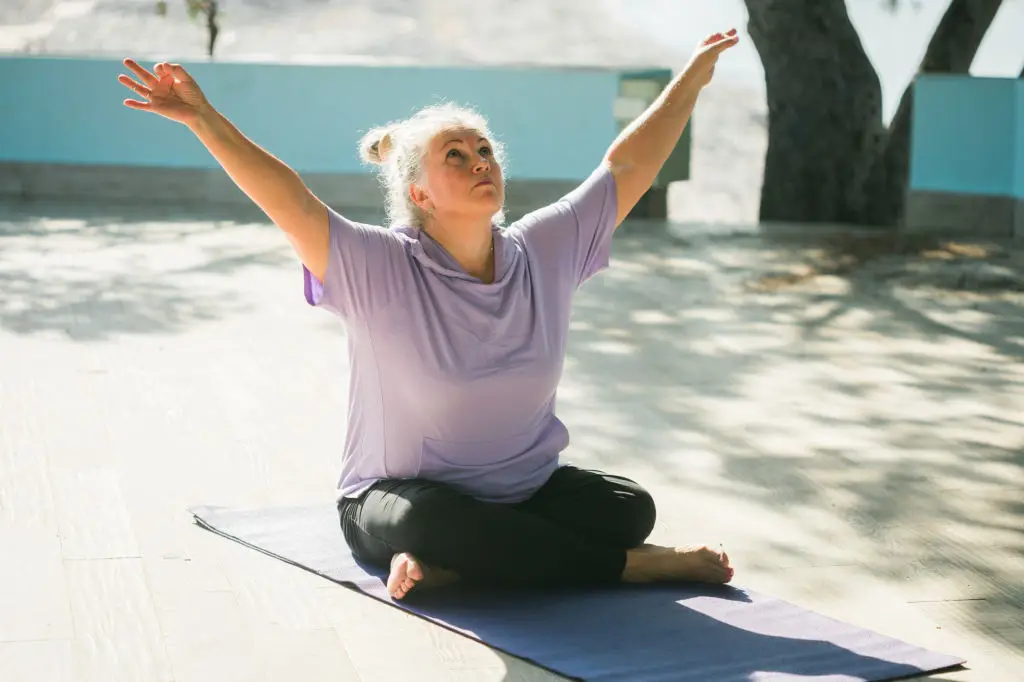
In Hong Kong’s leafy parks and open plazas, groups practice Tai Chi or Qigong—gentle, flowing movements that connect body and mind. Over 70% of older adults do this weekly, and research links these rituals to improved balance, mood, sleep, and even cognitive health. Try adding a few minutes of gentle stretching or slow, mindful movement in the morning, or whenever you need a reset. You don’t need fancy gear or a lot of space; follow a video, try chair yoga, or simply roll your shoulders and breathe deeply. The goal isn’t to perfect a dance—it’s to get your body moving with kindness. Over time, this habit can make you feel steadier, more relaxed, and even more connected to yourself.
8. Integrate Movement Into Chores and Errands

Not all exercise fits into a gym session. In long-lived communities, daily chores and errands keep people naturally active. Carrying groceries, gardening, cleaning with a little extra energy, or taking the long route while shopping all count. These “invisible workouts” help maintain metabolism and muscle without the need for a special outfit or scheduled activity. Gamify your grocery trip with extra steps, or put on music while tidying up to encourage lively movement. For those with limited mobility, seated chores or light lifting also provide benefits. The secret is consistency: a handful of active moments each day can be as powerful as a formal routine, helping you feel energized and accomplished.
9. Connect with Others Face-to-Face Every Day
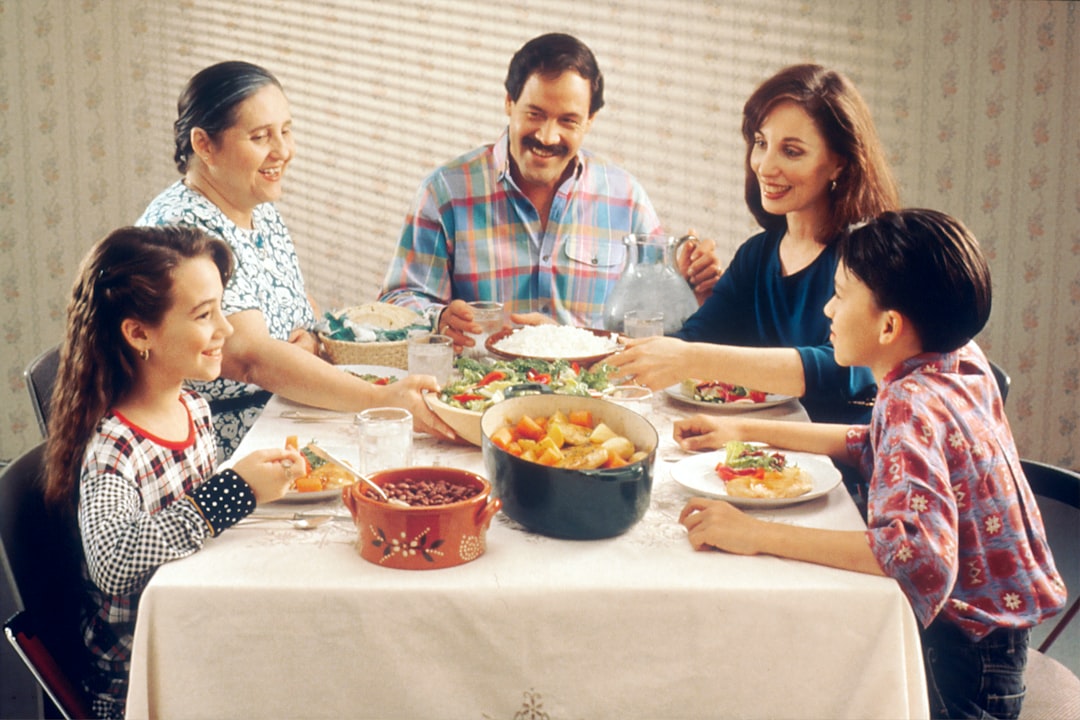
Social connections are as vital as diet or movement for longevity. In Hong Kong, multi-generational households and lively neighborhoods mean frequent, easy social contact. Science tells us that loneliness can raise our risk of early death by 26%. Build your own micro-community, whether through family dinners, coffee with friends, greeting your neighbor, or joining a local group—even virtually if that’s more comfortable. Small gestures matter just as much as big gatherings. If you’re feeling isolated, reach out—chances are someone nearby is hoping to connect too. The warmth and support that comes from regular, face-to-face interaction brings both joy and added years to your life.
10. Prioritize Sleep Rituals—Wind Down Consistently

Rest is the unsung hero of longevity. In cultures with longer lifespans, sleep isn’t left to chance—it’s protected by gentle routines. In Hong Kong, device-free wind-down rituals and consistent bedtimes support both deep sleep and overall health. Try setting an evening alarm to begin dimming lights, silencing notifications, and preparing for rest. Swap out stressful scrolling with a comforting book, soothing music, or a warm shower. Even if sleep feels elusive, these cues help signal your body that it’s time to recharge. Over weeks and months, prioritizing sleep improves immunity, sharpens memory, steadies mood, and makes everyday self-care feel more manageable.
11. Schedule Preventive Health Checkups

Prevention is a gift you give yourself—one that pays dividends for years to come. In Hong Kong, more than half of adults regularly schedule health screenings. Early detection of conditions like high blood pressure, diabetes, or certain cancers greatly increases the chance of successful management and treatment. Mark your calendar for annual checkups, and look into free or low-cost screenings at local clinics or pharmacies. If doctor visits have felt overwhelming, bring a friend or write down questions in advance. Routine care isn’t about searching for problems; it’s about honoring your body’s needs and giving yourself permission to prioritize your well-being.
12. Set Small Goals That Spark Purpose Every Day
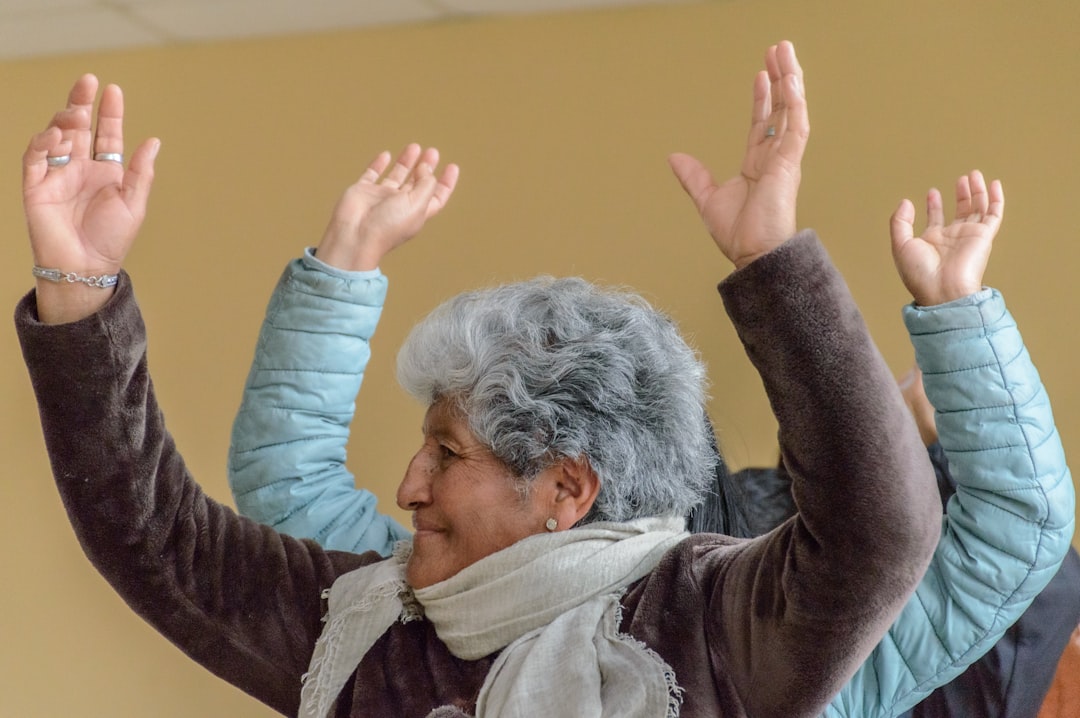
One of the most surprising longevity secrets is how much purpose fuels a longer, happier life. Studies show that having a reason to get up in the morning—even a simple one—can lower the risk of early death by up to 15%. In communities where people live longest, regular volunteering, daily learning, or even small acts of creativity keep spirits and minds alive. Try making a short daily “joy list,” or set a tiny, meaningful goal, like calling a friend, helping a neighbor, or picking up a new hobby. There’s no accomplishment too small to celebrate. Purpose isn’t reserved for grand achievements—it’s found in the gentle rhythm of little, daily sparks of joy and connection.
Nurturing Longevity Starts with Tiny, Joyful Choices
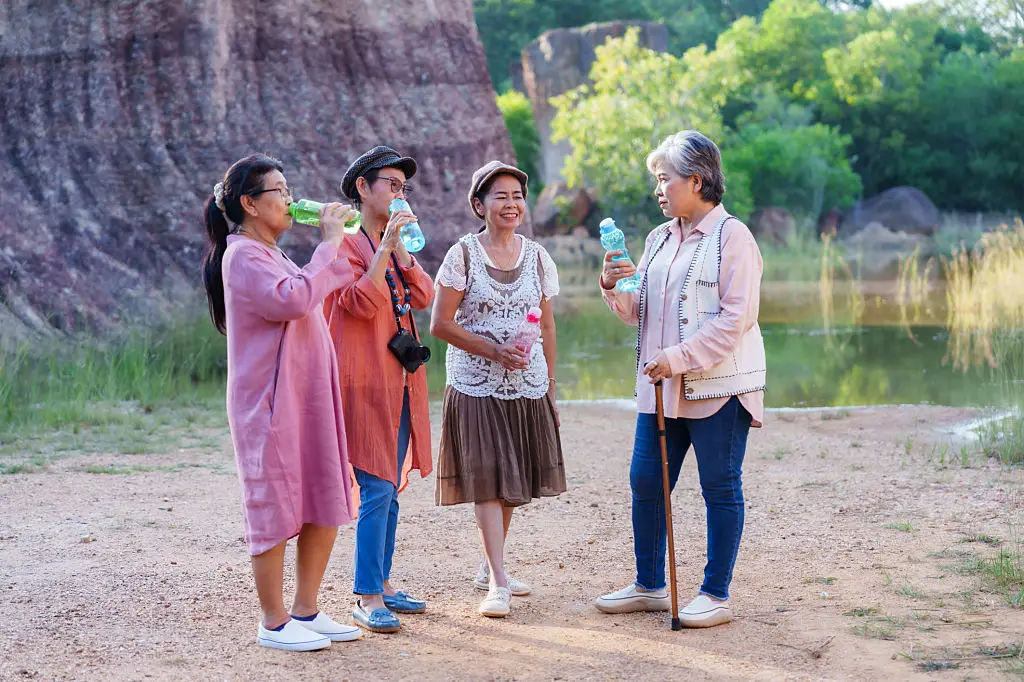
Longevity isn’t about racing to add years—it’s about making the ones you have richer, kinder, and more connected. These twelve rituals aren’t rules to follow, but invitations to treat yourself with patience and compassion. Maybe one day you take extra steps, another you savor a simple cup of tea, and on another, you reach out to a friend. The magic isn’t in perfection—it’s in your willingness to keep showing up for yourself, one mindful moment at a time. As you weave these habits into your routine, you may discover your energy brightening, your networks deepening, and your sense of possibility blooming in unexpected ways. By honoring both your wisdom and your well-being, you’re crafting a longevity journey that fits your life beautifully—on your own terms, for every good year to come.